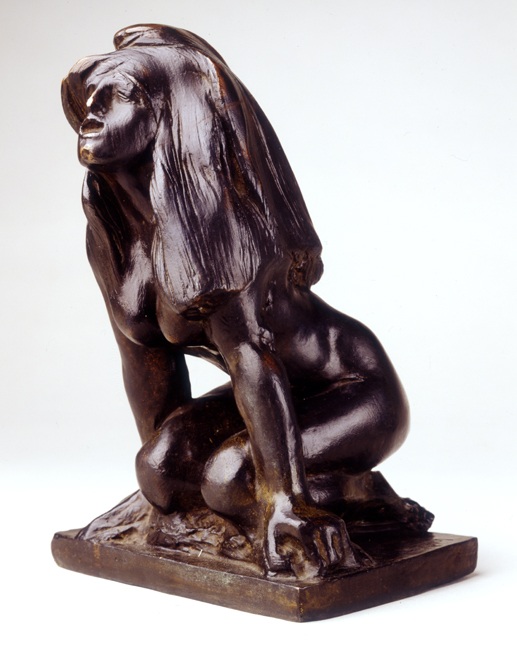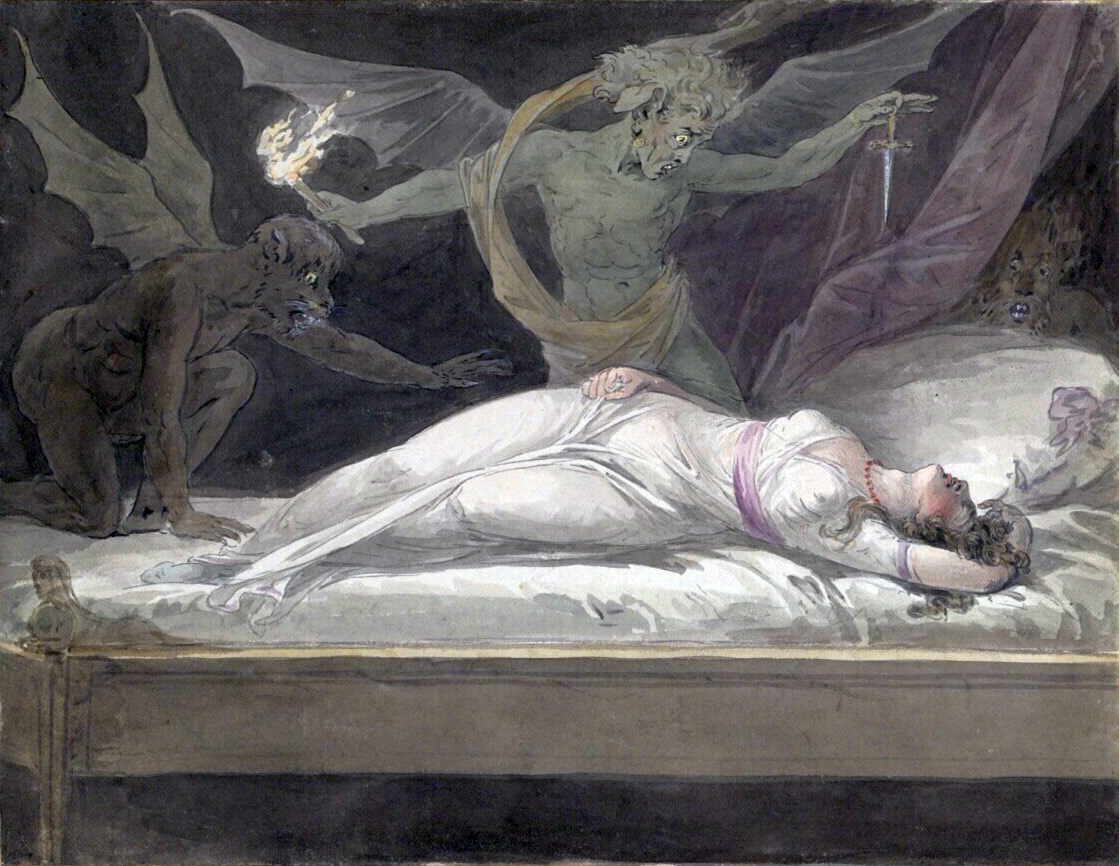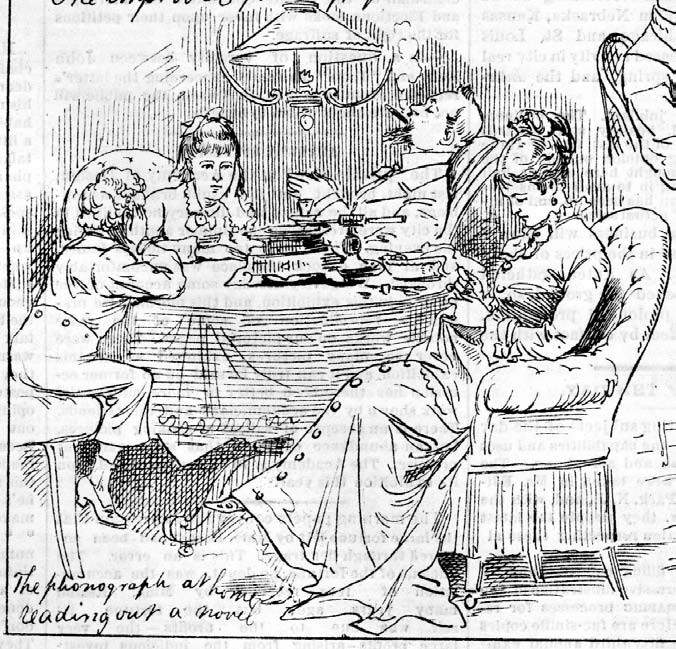|
Sebastian (Bishop Novel)
''Sebastian'' (2006) is the first novel of the ''Landscapes of Ephemera'' duology written by Anne Bishop and introduces the world Ephemera. Plot introduction The incubus Sebastian is the bastard child of a succubus and the wizard Koltak. Being an incubus has not made his life easy. Forced to flee every city or town he settled in, he has never known a home. Until one day, his cousin, 15-year-old Glorianna Belladonna, creates a landscape where demons can live, called the 'Den of Iniquity'. It is a 'carnal carnival' filled with gambling, drinking, prostitution and demons. Shocked by her actions and her ability to create a landscape, the wizards and Landscapers question her. She simply responds, "Even demons need a home." The wizards attempt to lock her into her own garden, but fail. She is then declared rogue. Meanwhile, Sebastian, living in the Den of Iniquity and ignorant of the sacrifices his cousin has made for him, begins to tire of the life he lives, finding simply having s ... [...More Info...] [...Related Items...] OR: [Wikipedia] [Google] [Baidu] |
Anne Bishop
Anne Bishop is an American fantasy writer. Her most noted work is the Black Jewels series. She won the Crawford Award in 2000 for the first three Black Jewels books, sometimes called the Black Jewels trilogy: ''Daughter of the Blood'', ''Heir to the Shadows'', and ''Queen of the Darkness''. Biography Born in 1955, Anne Bishop started her writing career by publishing short stories. She is best known for her award-winning novels, The Black Jewels Trilogy, ''Daughter of the Blood'', ''Heir to the Shadows'', and ''Queen of the Darkness''. Bishop has also created The Tir Alainn Trilogy, and The Landscapes of Ephemera Series. She is currently residing in upstate New York working on The Others, her newest series. Many of her novels are also available internationally. She lives in upstate New York. Works Series Speculative fiction series constitute most of Bishop's published work. ;Black Jewels The first volume of the original trilogy, and first novel set in the Black Jewels uni ... [...More Info...] [...Related Items...] OR: [Wikipedia] [Google] [Baidu] |
E-book
An ebook (short for electronic book), also known as an e-book or eBook, is a book publication made available in digital form, consisting of text, images, or both, readable on the flat-panel display of computers or other electronic devices. Although sometimes defined as "an electronic version of a printed book", some e-books exist without a printed equivalent. E-books can be read on dedicated e-reader devices, but also on any computer device that features a controllable viewing screen, including desktop computers, laptops, tablets and smartphones. In the 2000s, there was a trend of print and e-book sales moving to the Internet, where readers buy traditional paper books and e-books on websites using e-commerce systems. With print books, readers are increasingly browsing through images of the covers of books on publisher or bookstore websites and selecting and ordering titles online; the paper books are then delivered to the reader by mail or another delivery service. With e-b ... [...More Info...] [...Related Items...] OR: [Wikipedia] [Google] [Baidu] |
Cthulhu
Cthulhu is a fictional cosmic entity created by writer H. P. Lovecraft. It was first introduced in his short story "The Call of Cthulhu", published by the American pulp magazine ''Weird Tales'' in 1928. Considered a Great Old One within the pantheon of Lovecraftian cosmic entities, this creature has since been featured in numerous popular culture references. Lovecraft depicts it as a gigantic entity worshipped by cultists, in the shape of a green octopus, dragon, and a caricature of human form. The Lovecraft-inspired universe, the Cthulhu Mythos, where it exists with its fellow entities, is named after it. Etymology, spelling, and pronunciation Invented by Lovecraft in 1928, the name Cthulhu was probably chosen to echo the word ''chthonic'' (Ancient Greek "of the earth"), as apparently suggested by Lovecraft himself at the end of his 1923 tale "The Rats in the Walls". The chthonic, or earth-dwelling, spirit has precedents in numerous ancient and medieval mythologies, often guard ... [...More Info...] [...Related Items...] OR: [Wikipedia] [Google] [Baidu] |
Title Character
The title character in a narrative work is one who is named or referred to in the title of the work. In a performed work such as a play or film, the performer who plays the title character is said to have the title role of the piece. The title of the work might consist solely of the title character's name – such as ''Michael Collins'' or ''Othello'' – or be a longer phrase or sentence – such as ''The Autobiography of Malcolm X'', '' Alice in Wonderland'' or ''The Adventures of Tom Sawyer''. The title character is commonly – but not necessarily – the protagonist of the story. Narrative works routinely do not have a title character, and there is some ambiguity in what qualifies as one. Examples in various media include Figaro in the opera ''The Marriage of Figaro'', Giselle in the ballet of the same name, the Doctor in the TV series ''Doctor Who'', Harry Potter in the series of novels and films, Romeo Montague and Juliet Capulet in the play ''Romeo and Juliet'', Amos Jon ... [...More Info...] [...Related Items...] OR: [Wikipedia] [Google] [Baidu] |
Rogue (vagrant)
Vagrancy is the condition of homelessness without regular employment or income. Vagrants (also known as bums, vagabonds, rogues, tramps or drifters) usually live in poverty and support themselves by begging, scavenging, petty theft, temporary work, or social security (where available). Historically, vagrancy in Western societies was associated with petty crime, begging and lawlessness, and punishable by law with forced labor, military service, imprisonment, or confinement to dedicated labor houses. Both ''vagrant'' and ''vagabond'' ultimately derive from the Latin word '' vagari'', meaning "to wander". The term ''vagabond'' is derived from Latin ''vagabundus''. In Middle English, ''vagabond'' originally denoted a person without a home or employment. Historical views Vagrants have been historically characterised as outsiders in settled, ordered communities: embodiments of otherness, objects of scorn or mistrust, or worthy recipients of help and charity. Some ancient sources ... [...More Info...] [...Related Items...] OR: [Wikipedia] [Google] [Baidu] |
Wizard (paranormal)
Magic, sometimes spelled magick, is an ancient praxis rooted in sacred rituals, spiritual divinations, and/or cultural lineage—with an intention to invoke, manipulate, or otherwise manifest supernatural forces, beings, or entities in the natural, incarnate world. It is a categorical yet often ambiguous term which has been used to refer to a wide variety of beliefs and practices, frequently considered separate from both religion and science. Although connotations have varied from positive to negative at times throughout history, magic continues to have an important religious and medicinal role in many cultures today. Within Western culture, magic has been linked to ideas of the Other, foreignness, and primitivism; indicating that it is "a powerful marker of cultural difference" and likewise, a non-modern phenomenon. During the late nineteenth and early twentieth century, Western intellectuals perceived the practice of magic to be a sign of a primitive mentality and also commo ... [...More Info...] [...Related Items...] OR: [Wikipedia] [Google] [Baidu] |
Succubus
A succubus is a demon or supernatural entity in folklore, in female form, that appears in dreams to seduce men, usually through sexual activity. According to religious tradition, a succubus needs male semen to survive; repeated sexual activity with a succubus will result in a bond being formed between the succubus and the man; a succubus cannot drain or harm the man with whom she is having intercourse. In modern representations, a succubus is often depicted as a beautiful seductress or enchantress, rather than as demonic or frightening. The male counterpart to the succubus is the incubus. Etymology The term derives from Late Latin ''succuba'' "paramour" from ''succubare'' "to lie beneath" (''sub-'' "under" and ''cubare'' "to lie"), used to describe this female supernatural being's implied sexual position relative to the male sleeper's position. The English word "succubus" dates from the late 14th century. The succubus is also known as the earth wanderer, and she seeks her victi ... [...More Info...] [...Related Items...] OR: [Wikipedia] [Google] [Baidu] |
Incubus
An incubus is a demon in male form in folklore that seeks to have sexual intercourse with sleeping women; the corresponding spirit in female form is called a succubus. In medieval Europe, union with an incubus was supposed by some to result in the birth of witches, demons, and deformed human offspring. Legendary magician Merlin was said to have been fathered by an incubus. Parallels exist in many cultures. Walter Stephens alleges in "Demon Lovers", some traditions hold that repeated sexual activity with an incubus or succubus may result in the deterioration of health, an impaired mental state, or even death. Etymological, ancient, and religious descriptions The Late Latin word ''incubus'' ("a nightmare induced by a demon") is derived from Latin ''incubō'' ("nightmare, what lies down on one whilst one sleeps") and further from ''incubāre'' ("to lie upon, to hatch"). One of the earliest evident mentions of a demon sharing qualities to an incubus comes from Mesopotamia on the Sume ... [...More Info...] [...Related Items...] OR: [Wikipedia] [Google] [Baidu] |
Belladonna (novel)
''Belladonna'' is the second book in Anne Bishop Anne Bishop is an American fantasy Fantasy is a genre of speculative fiction involving magical elements, typically set in a fictional universe and sometimes inspired by mythology and folklore. Its roots are in oral traditions, wh ...'s ''Landscapes of Ephemera''. Following '' Sebastian'', ''Belladonna'' continues the story of the battle between the Light and Dark of Ephemera, and Glorianna Belladonna's struggle to destroy, or cage the Eater of the World before it can convert the worlds into a massive playground to use for its own dark purposes. ''Belladonna'' also introduces into the duology Michael, a wandering musician who seeks the answer to the riddle that has been haunting his dreams, and whose arrival into the lives of all the original characters has catastrophic and far-reaching consequences for everyone. Plot Book ends with Belladonna making herself even more evil than the Eater of the World inside of t ... [...More Info...] [...Related Items...] OR: [Wikipedia] [Google] [Baidu] |
Audiobook
An audiobook (or a talking book) is a recording of a book or other work being read out loud. A reading of the complete text is described as "unabridged", while readings of shorter versions are abridgements. Spoken audio has been available in schools and public libraries and to a lesser extent in music shops since the 1930s. Many spoken word albums were made prior to the age of cassettes, compact discs, and downloadable audio, often of poetry and plays rather than books. It was not until the 1980s that the medium began to attract book retailers, and then book retailers started displaying audiobooks on bookshelves rather than in separate displays. Etymology The term "talking book" came into being in the 1930s with government programs designed for blind readers, while the term "audiobook" came into use during the 1970s when audiocassettes began to replace phonograph records. In 1994, the Audio Publishers Association established the term "audiobook" as the industry standard. H ... [...More Info...] [...Related Items...] OR: [Wikipedia] [Google] [Baidu] |
Larry Rostant
Larry is a masculine given name in English, derived from Lawrence or Laurence. It can be a shortened form of those names. Larry may refer to the following: People Arts and entertainment * Larry D. Alexander, American artist/writer *Larry Boone, American country singer * Larry Collins, American musician, member of the rockabilly sibling duo The Collins Kids *Larry David (born 1947), Emmy-winning American actor, writer, comedian, producer and film director *Larry Emdur, Australian TV host *Larry Feign, American cartoonist working in Hong Kong *Larry Fine, of the Three Stooges * Larry Gates, American actor *Larry Gatlin, American country singer *Larry Gelbart (1928–2009), American screenwriter, playwright, director and author *Larry Graham, founder of American funk band Graham Central Station *Larry Hagman, American actor, best known for the TV series ''I Dream of Jeannie'' and ''Dallas'' *Larry Henley (1937–2014), American singer and songwriter, member of The Newbeats *Larry H ... [...More Info...] [...Related Items...] OR: [Wikipedia] [Google] [Baidu] |





